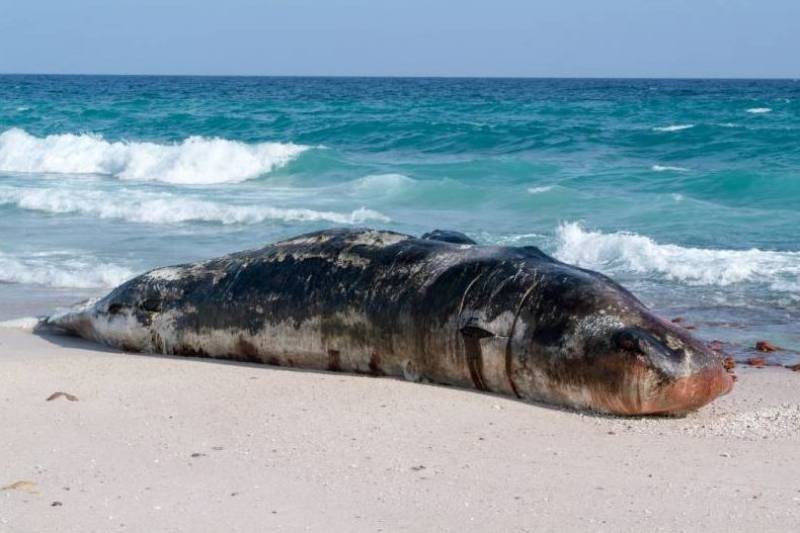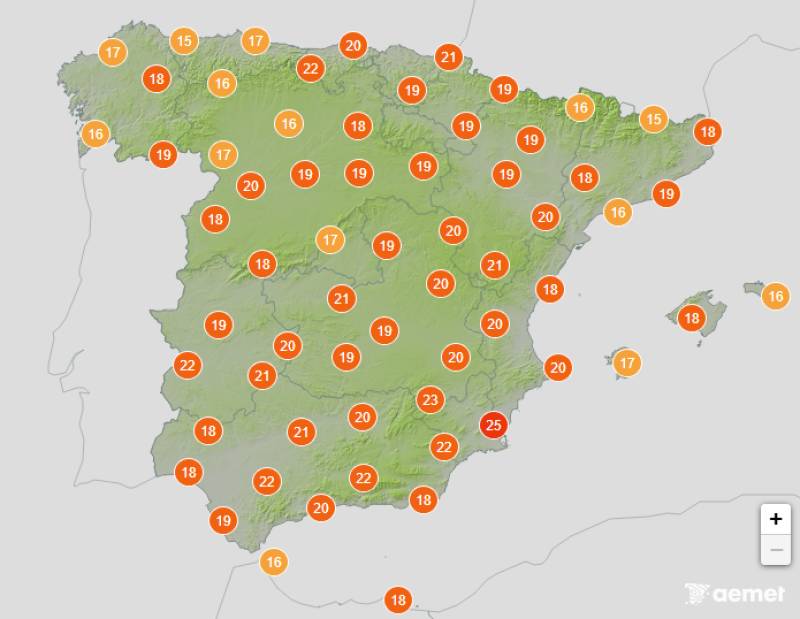

- EDITIONS:
 Spanish News Today
Spanish News Today
 Murcia Today
Murcia Today
 Alicante Today
Alicante Today
article_detail
Date Published: 26/05/2025
Third whale death in a week raises alarm in Canary Islands
It’s believed that two of the whales could have been killed by boats off the Tenerife coast

A young tropical pilot whale was found dead on Friday morning, May 23, at Fañabé Beach in the municipality of Adeje, Tenerife. The small cetacean, roughly the size of a medium dog, showed no visible signs of external injuries.
This marks the third cetacean death along Tenerife's coast in a single week, sparking concern among marine biologists and environmental organisations. The pilot whale’s body has been transported to the La Tahonilla wildlife recovery centre where specialists from the Canary Islands Government's University Institute of Animal Health (IUSA) will carry out a necropsy to determine the cause of death.
The grim discovery comes on the heels of two other strandings: young sperm whales found dead in separate incidents on the island.
One body, still drifting at sea, belonged to a young male. The other, a female of similar age, was recovered on a beach in Fasnia on Wednesday May 21. Both showed injuries consistent with collisions with large vessels, according to researchers from the Spanish Institute of Oceanography (IEO/CSIC) and the University of La Laguna (ULL).
In a joint statement, researchers from both institutions warned of the “serious danger” that ship strikes pose to local sperm whale populations, an iconic and resident species in the waters of the Canary Islands. While the pilot whale did not show signs of external trauma, experts hope the upcoming necropsy will clarify whether a similar fate befell it.
Spain is home to some of the richest marine biodiversity in Europe, particularly around the Canary Islands, Strait of Gibraltar and Bay of Biscay. These areas are important habitats for cetaceans - marine mammals like dolphins, porpoises and whales.
The Canary Islands, where this week’s deaths occurred, are especially known for hosting resident populations of short-finned pilot whales and sperm whales, along with frequent sightings of bottlenose dolphins, Risso’s dolphins and beaked whales.
Gibraltar is by now infamous for interactions with orcas, more commonly known as killer whales. Over the years, incidents between these huge mammals and both fishing vessels and sail boats have been increasing, often with disastrous results. Researchers are trying to understand orcas’ fascination with boats, with theories ranging from playful behavior to learned responses triggered by previous negative experiences.
Image: Archive
staff.inc.and
Loading
See more news about animals in Spain:
OR
Sign up for the Spanish News Today Editors Roundup Weekly Bulletin to get a comprehensive email with all the week’s news for Spain, Murcia, Alicante and Andalucía.
Get a sneak peek – here are a few of our recent Subscription Bulletins:
Discount Special Offer subscription:
36.95€ for 48 Editor’s Weekly News Roundup bulletins!
Please CLICK THE BUTTON to subscribe.
Contact Murcia Today: Editorial 000 000 000 /
Office 000 000 000
























